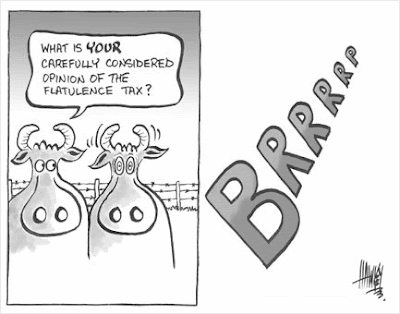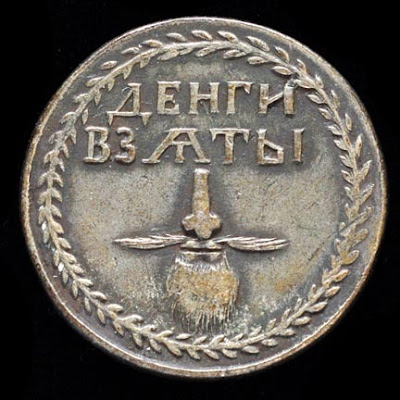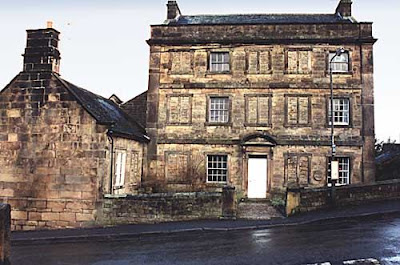8 Absurd Tax Rules That Exist/Existed Around The World

So, let’s begin this new season with the most obscure tariff that existed once in the World which you can figure out from its name itself.
1) Breast Tax- India
The "Breast Tax" had been forced by the king of the former State of Travancore, one of the 550 princely States that existed in Padmanabhapuram, and later Thiruvananthapuram during British rule India. This is the story of lower caste women who were not allowed to cover their breasts, and were taxed heavily if they did so. Tax collectors measured the breasts size and charged tax accordingly.
Nevertheless, there was a brave woman called Nangeli belonging to Ezhava caste, who decided to protest by covering her chest without paying the breast-tax. When the tax inspector heard she was refusing to pay the tax, he went to her house to ask her to stop breaking the law. She refused to comply and cut her breasts off. Nangeli's sacrifice benefited all the women of Travancore Kingdom, and ultimately forced the King to reverse the breast-tax.
To know more in detail about it, you can read it here.
2) The ‘Fart Tax’- Denmark

Also known as Flatulence Tax(or Burp Tax). It sounds disgusting to you, I know. Usually, most countries think of vehicles or black-smoke-belching factories as the cause of greenhouse gases. But the European Union has found another culprit: Cow gas.
In 2003 the government proposed introducing a tax on all livestock for their methane emissions. Studies found that the methane gas released by cows may account for upto 18% of Europe’s greenhouse gases.
In order to restrain the cow powered greenhouse gas epidemic, several EU countries have adopted taxes on each cow. Do you know where the highest rate is? Denmark, where each cow will cost you up to $110. But later it was passionately opposed by the farming industry and was subsequently withdrawn.
3) Beard Tax- Russia
By the name it sounds cool, but its not. Once upon a time in Russia, or being precise, in the early 18th century, Peter the Great came up with the beard tax policy, which reads “all men who desire to keep their beards then they have to pay a tax for it”; otherwise, they would be shaved by the police.
Those who paid the tax regularly were given coins as tokens, usually copper coins, while the wealthier, who paid more, received silver ones. “Money paid” was imprinted on the coins in Russian language, and a groomed beard and a curving moustache were decorated underneath.
To know more in detail about it, you can read it here.
4) Window Tax- England
In 1696 in England, William III announced the infamous Window Tax in which house owners pay tax based on the number of windows they had. Houses with more than ten windows had to pay a steep ten shillings (also called bobs)(£1.20). Many houses covered their windows with bricks to reduce the number which led to caused health problems. After 156 years, it was revoked in 1851 following campaigners branded it a "tax on health" and "tax on light and air".
To know more in detail about it, you can read it here.
5) Tax deduction on bribes- Germany

Do you Know? Bribery was legal in Germany up until 2002. But that isn’t the weirdest part, they were also tax-deductible, according to a 1995 Businessweek editorial. It was a rarely used rule, says Businessweek- you had to name the parties involved.
Businessweek suggested the country to end such practice, but it took Germany until 1999 to end tax deductions for bribery completely.
6) Hot Air Balloon Tax- USA

So the result is the hot air balloons that are tied to the ground and which stay there will have to pay the regular tax, because technically their residents don’t go anywhere. Hot air balloons that are flown “some distance away from the launching point” i.e: the ones that actually travel- don’t have to pay the amusement tax.
So if you actually want to take a tax-free ride in a hot air balloon in Kansas then make sure it’s actually roaming somewhere.
7) Tax Haven Heaven- Switzerland

Switzerland passed a law in 1934, making it a criminal offense to reveal any client’s identity and, due to this, today Switzerland is estimated to hold 27% of the world’s offshore wealth, according to Boston Consultancy Group. Some analysts estimate over $32 trillion of financial assets are hidden in offshore tax havens.
8) Culturally British film tax break- Great Britain

The procedure is much more complex than hosting a British flag or making your movie in London. All movies that would like to claim this deduction have to register their production where it is rated through a mathematical “culture test” calculated as follows:
i) Cultural content (up to 16 points).
ii) Cultural contribution (up to 4 points).
iii) Cultural hubs (up to 3 points).
iv) Cultural practitioners (up to 8 points).
Films must score at least 16 out of 31 points to get up to a 25% tax break. Here are some examples of film characteristics that are required to qualify: film set in the UK (four points), film reflects a diverse British culture (4 points), film depicts British heritage or British creativity (four points), and original dialogue recorded mainly in English language (four points).
To know more in detail about it, you can read it here.
Source: Google.com, Wikipedia & CNBC
Suggestions are welcome, click here to contact me
Please Share and Subscribe for latest Blogs
Thank You for reading!













Comments
Post a Comment